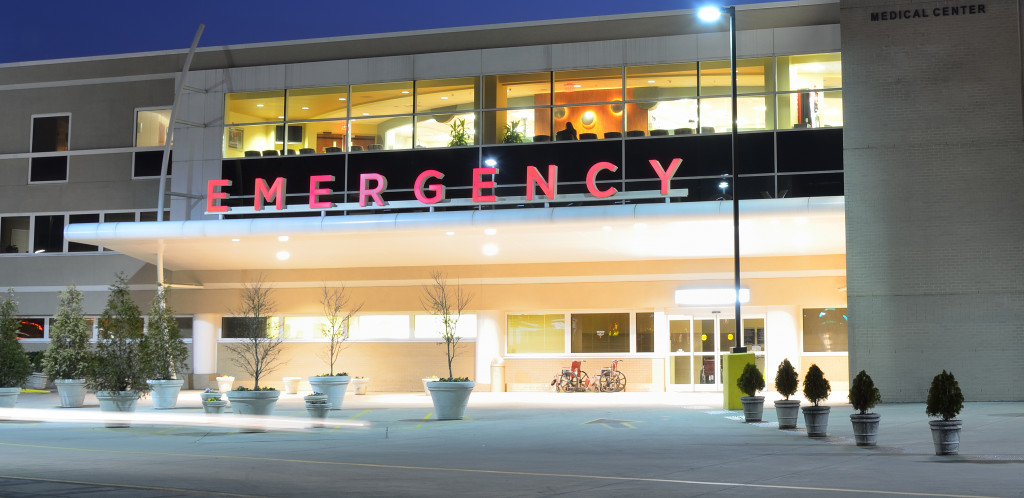- Seek immediate medical attention at an emergency room or urgent care for accurate diagnosis and treatment.
- Immobilize the injured area with a splint or sling to prevent further damage until professional help is available.
- Utilize the RICE method and over-the-counter pain relievers to manage pain and swelling effectively.
- Follow your healthcare provider’s advice closely, including taking prescribed medications and attending follow-up appointments.
- Seek emotional support from friends and family and engage in healthy coping mechanisms to maintain a positive mindset.
Accidents are an unfortunate part of life, and one of the most common serious injuries people face is a broken bone. Whether it’s a hairline fracture or a full-on break, the aftermath of such an injury can be distressing. However, immediate action can play a pivotal role in the healing process and preventing long-term complications or discomfort.
If you’re reading this post because you or someone you know has recently encountered a bone break, you’re in the right place. Knowing what to do next can make a significant difference in your recovery. This comprehensive guide will walk you through the essential steps to take immediately after breaking a bone, ensuring you’re well on your way to healing effectively.
Seek Medical Attention Promptly
After breaking a bone, the first thing to do is seek medical attention. A healthcare professional can confirm the severity of your injury and provide immediate care, which is crucial for proper healing. Here’s what you need to know about seeking medical attention:
Prompt Medical Care
It’s essential to seek medical attention promptly after breaking a bone. The sooner you receive treatment, the better your chances are for a full recovery. Delaying medical care can lead to complications and prolong the healing process.

Emergency Room vs. Urgent Care
If you experience severe pain or have an open fracture (where the bone has pierced through the skin), it’s best to head straight to the emergency room. However, if your injury is not as severe, you can opt for urgent care instead. These facilities are typically less crowded and have shorter wait times, so you can receive prompt medical attention.
Diagnostic and Treatment Options
Upon arriving at the hospital or urgent care facility, a healthcare professional will perform diagnostic tests, such as X-rays or CT scans, to determine the extent of your injury. Based on the results, they will then provide treatment options that may include setting the bone back in place (reduction), applying a cast or splint, or, in some cases, surgery.
Immobilize the Injury to Prevent Further Damage
Once you suspect you’ve broken a bone, the next step is to immobilize the injured area. This can be done by using a splint or sling.
A Job for a Healthcare Professional
While it may be tempting to try and set the bone back in place yourself, this should only be done by a trained healthcare professional. Incorrectly setting a broken bone can lead to further damage and complications.
For Temporary Relief
Until you can seek medical attention, it’s best to immobilize minor injuries by using a splint or sling. This will help prevent further damage and provide temporary relief from pain.

Manage Pain and Swelling
Breaking a bone can be excruciating, and managing pain and swelling is a critical step in the early stages of your recovery. Techniques to manage pain and swelling include:
Pain Relievers
Over-the-counter pain relievers, such as ibuprofen or acetaminophen, can help alleviate the discomfort associated with a broken bone. However, consult with your doctor before taking any medication.
RICE Method
For minor injuries, the RICE method (rest, ice, compression, and elevation) can effectively reduce pain and swelling. Resting the injured area, applying ice packs for 20 minutes at a time, using compression bandages to reduce swelling, and elevating the injury above heart level can help alleviate discomfort.
Follow Medical Advice Rigorously
After receiving initial treatment for your broken bone, following your doctor’s orders is imperative. This can involve a range of treatments and activities tailored to your specific injury. Why it’s important to follow medical advice:
- Non-compliance with medical instructions can result in delayed healing or improper recovery.
- Your doctor may prescribe pain medications or, in some cases, physical therapy to aid in your healing.
- Keeping follow-up appointments allows your healthcare provider to monitor your progress and adjust your treatment plan if necessary.
Seek Emotional Support and Focus on Recovery
The mental toll of breaking a bone can be just as significant as the physical challenges you’ll encounter. Seeking emotional support and focusing on your recovery is key to managing this aspect of the experience.
Lean on Family and Friends
Having a strong support system can make all the difference during your recovery. Reach out to loved ones for emotional support, help with daily tasks, or someone to talk to.
Engage in Healthy Coping Mechanisms
Breaking a bone can result in various emotions, such as frustration, anger, or even sadness. Engaging in healthy coping mechanisms like journaling, meditation, or talking to a therapist can help you manage these feelings and maintain a positive mindset.
Stay Positive and Motivated
Recovering from a broken bone takes time and patience. It’s crucial to stay positive and motivated during this process. Set realistic goals for yourself, celebrate small victories, and remind yourself that you will heal effectively with proper care and time.
A broken bone can indeed be a painful and disconcerting occurrence, but prompt and appropriate responses can shift the trajectory of your recovery from prolonged discomfort to one that is efficient and effective. By understanding the significance of seeking immediate medical attention, immobilizing the injury, managing pain and swelling, diligently following medical advice, and finding emotional support, you’re giving yourself the best chance at a speedy and complete recovery. Remember, even in your most broken moments, there’s an opportunity to craft a story of healing, strength, and eventual triumph.